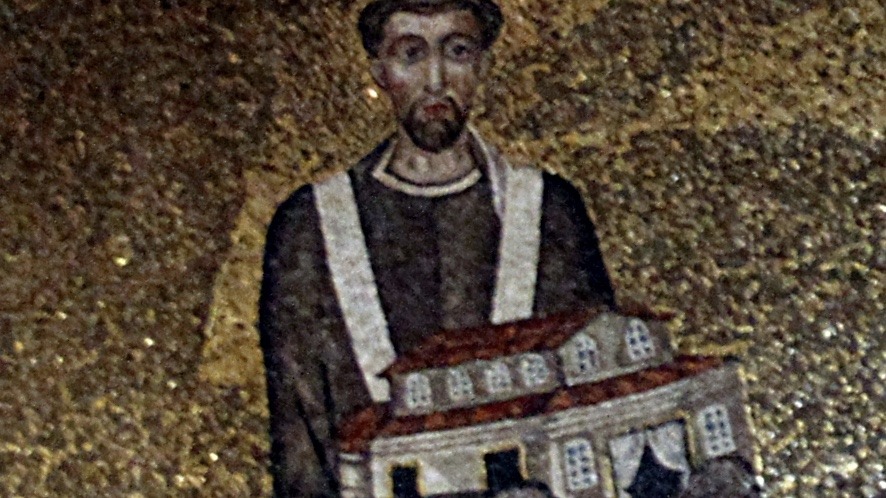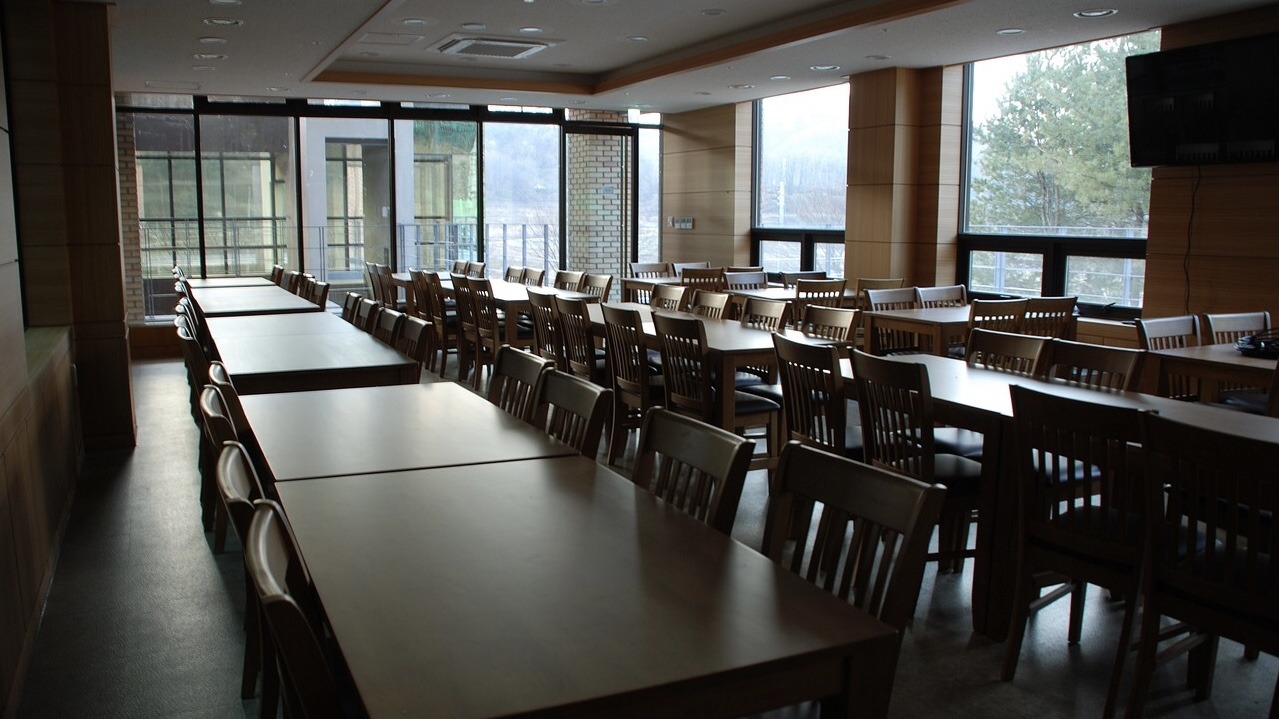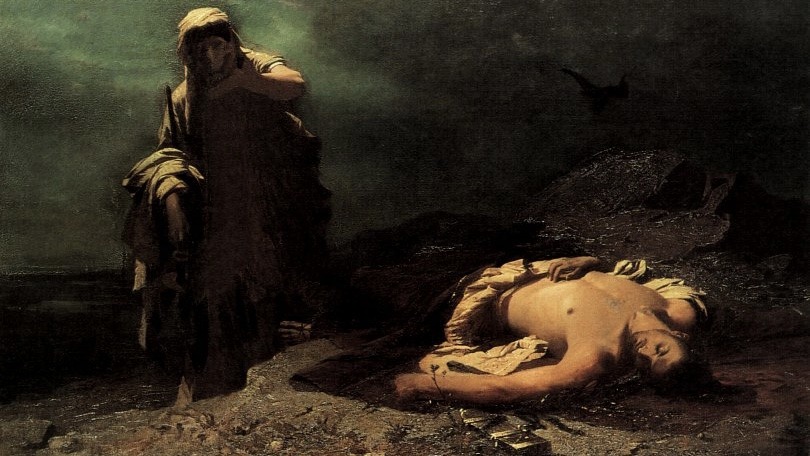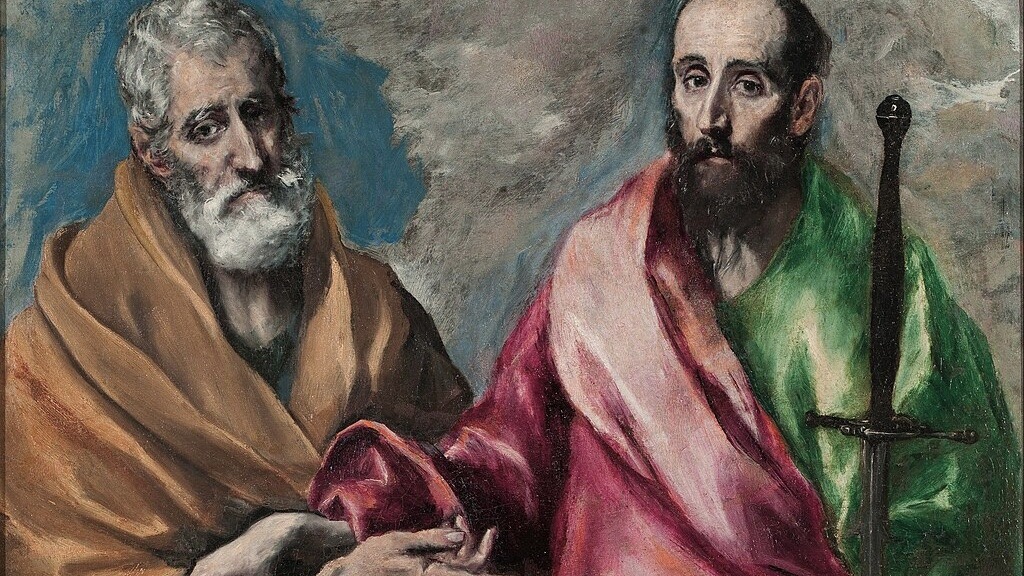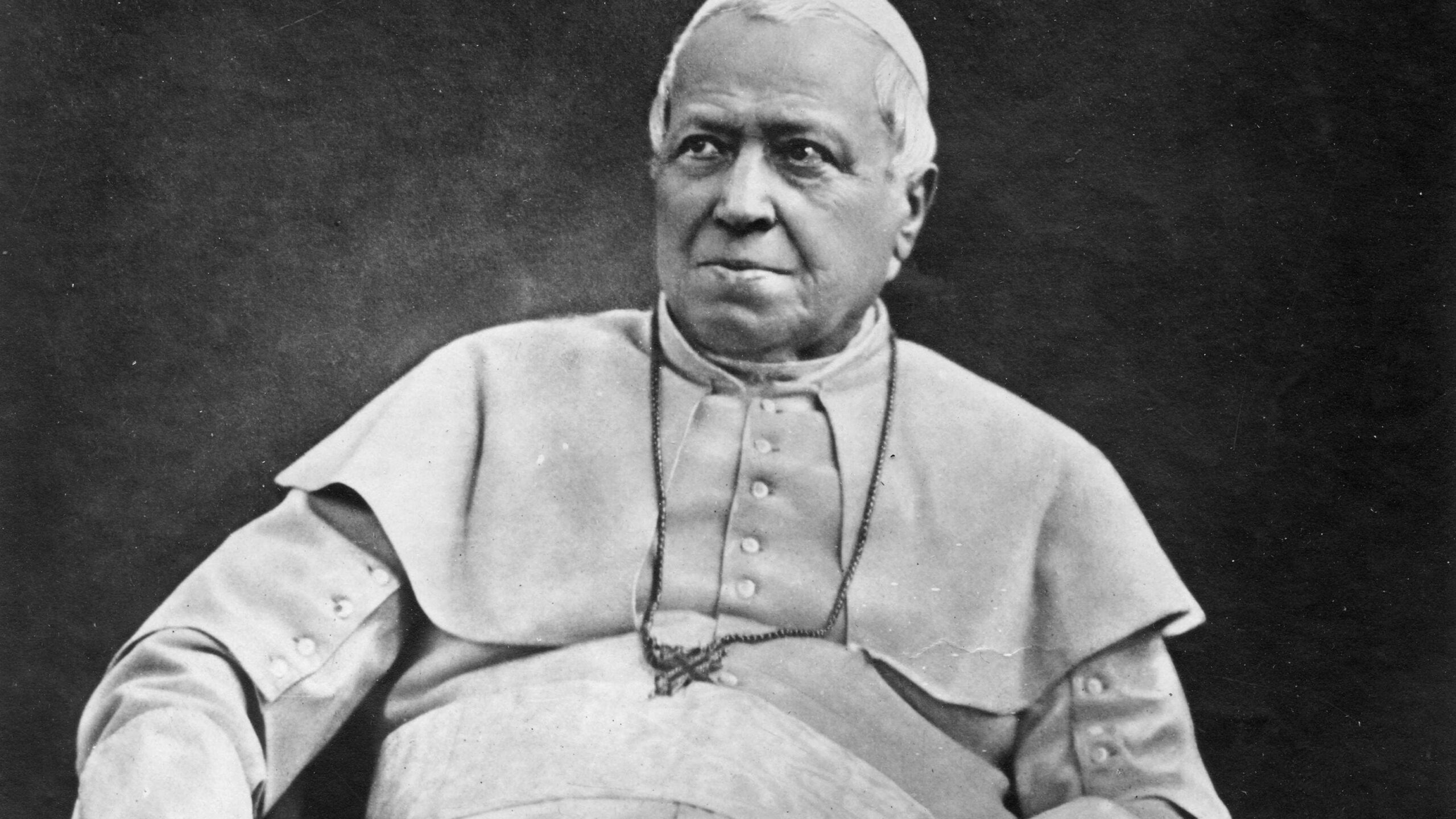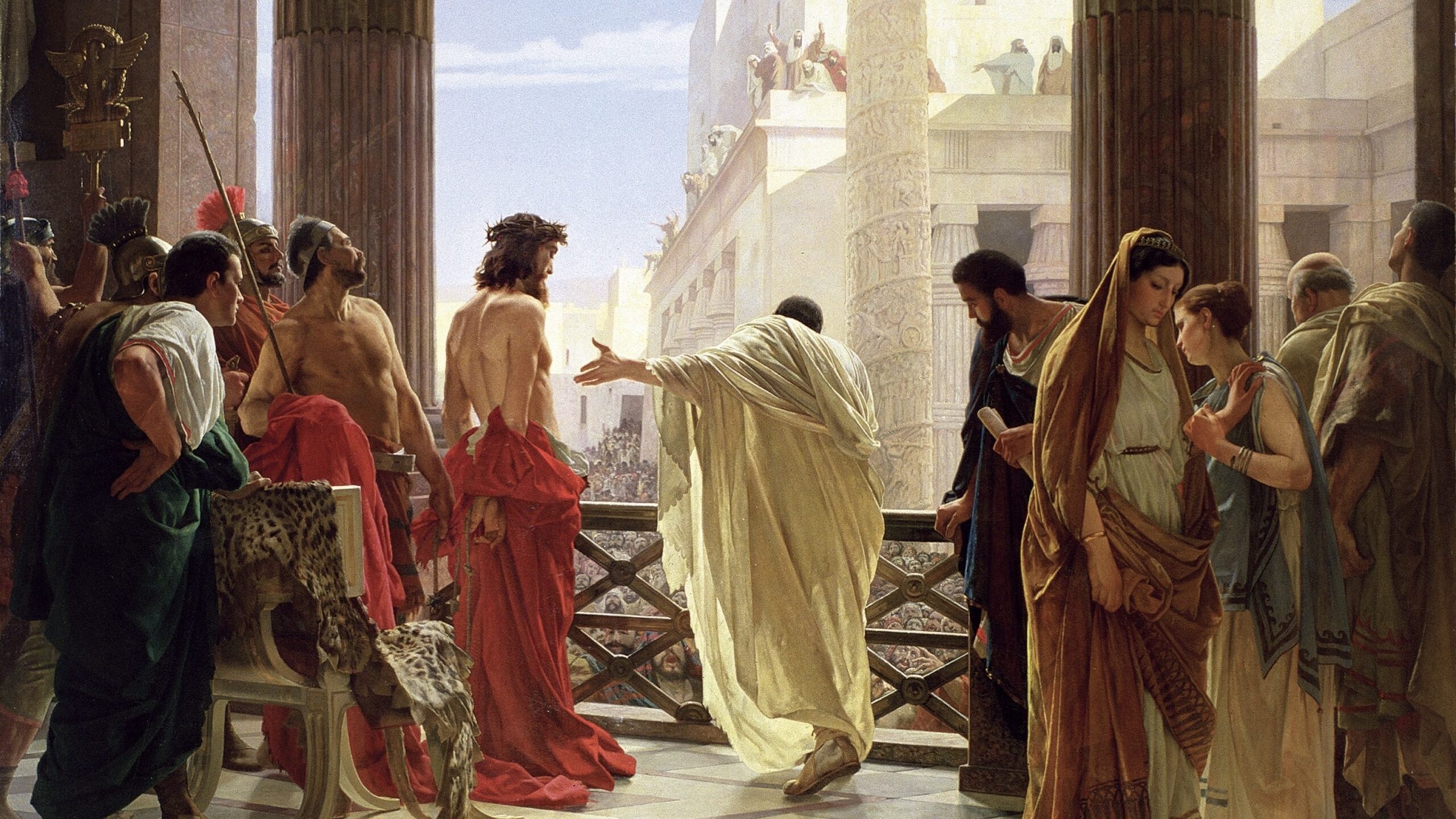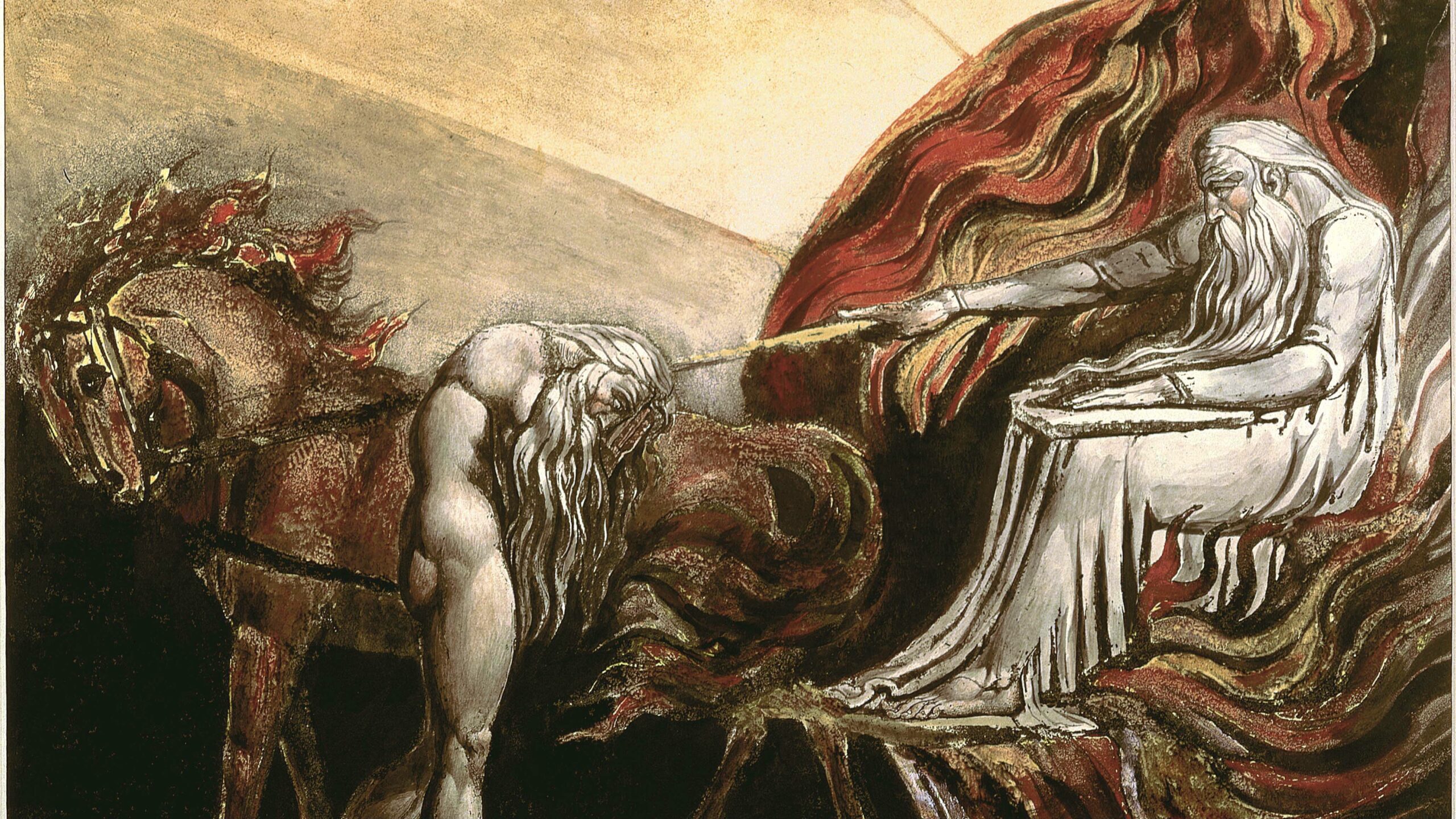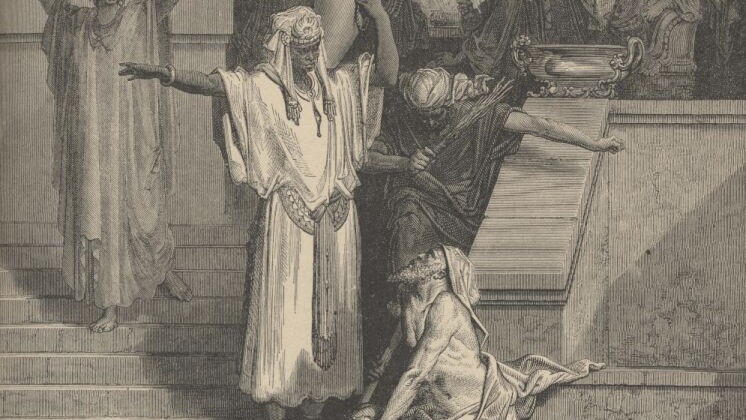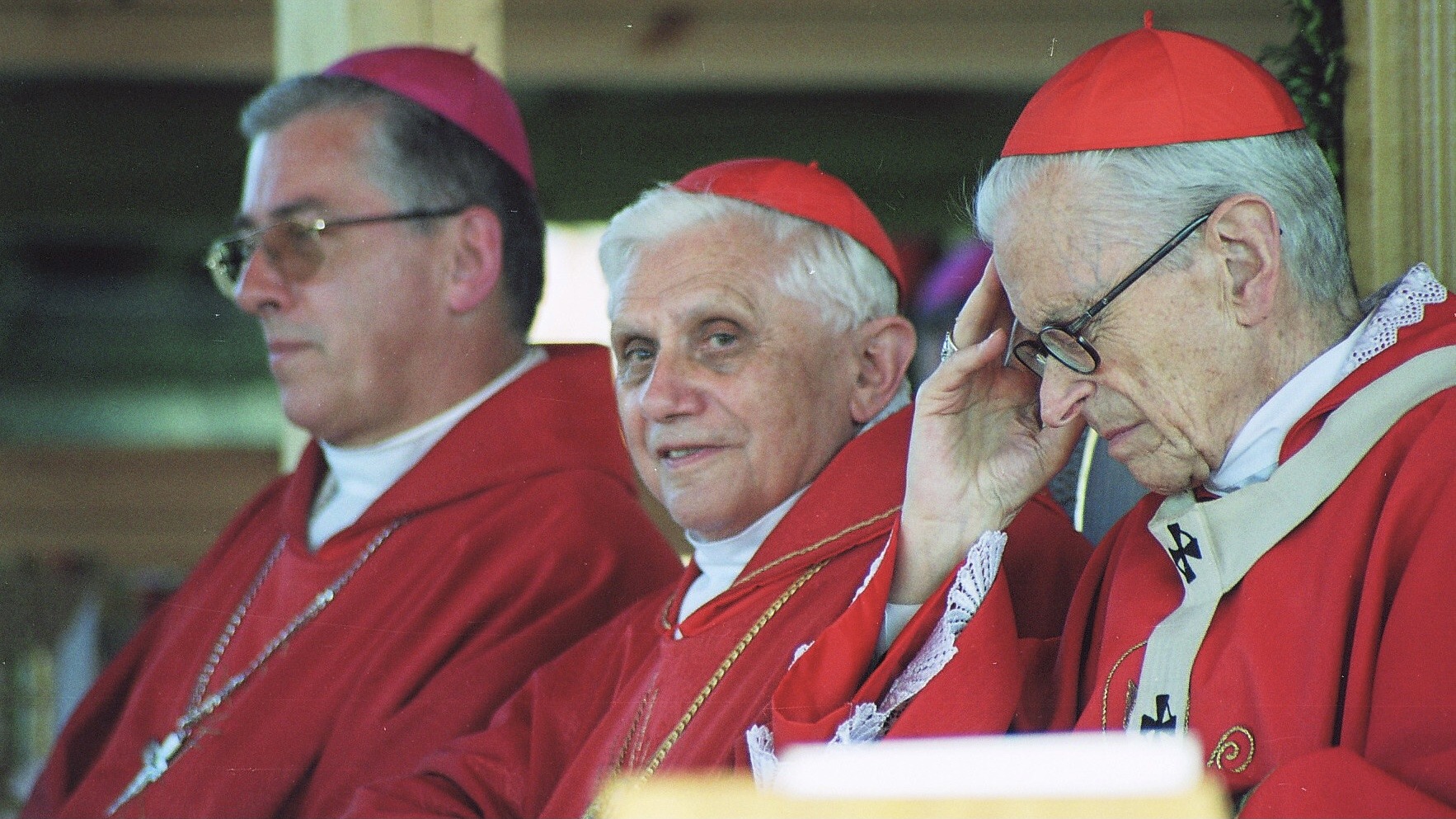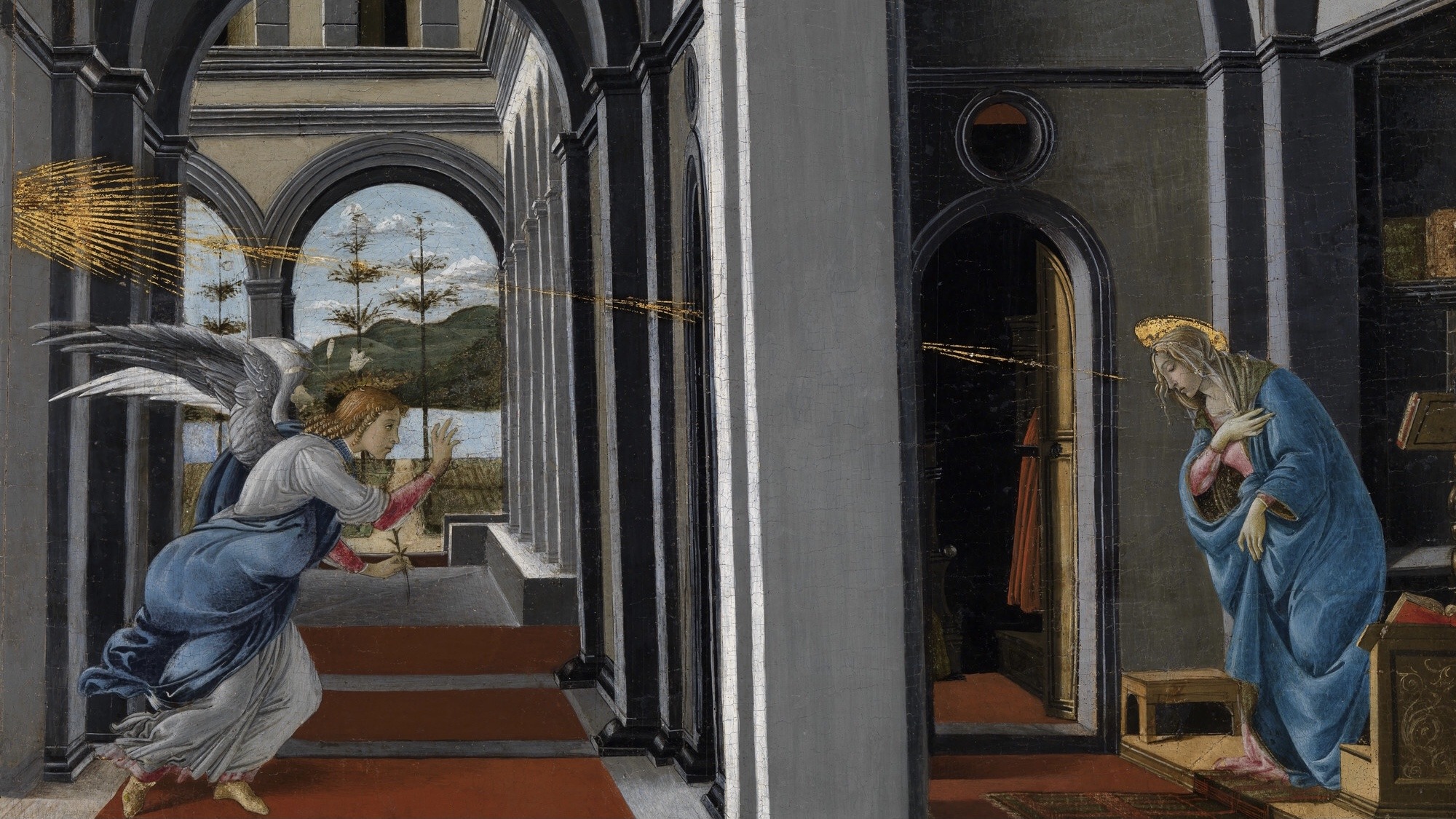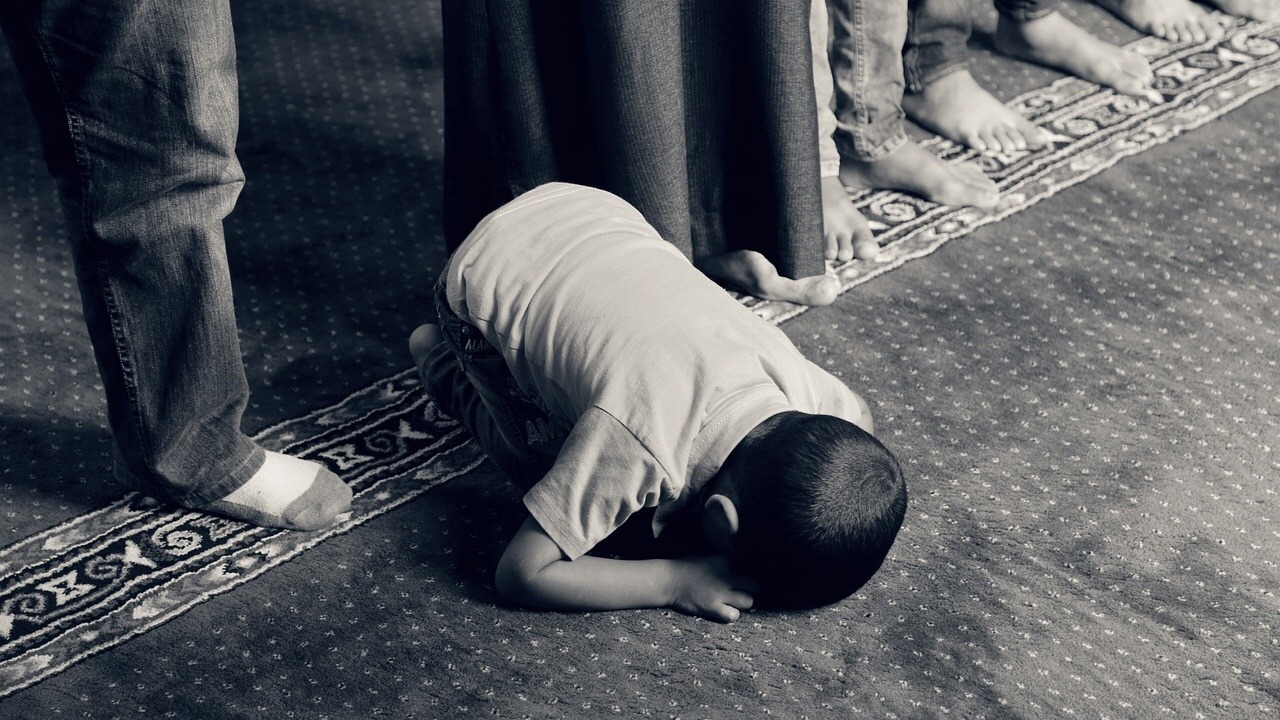 You may have read that cafeteria Catholic Steve Skojec has pronounced the anathema of One Luther Five upon the Catechism and Vatican II. (Or, at least, upon what those texts have to say about Islam.) “Dangerous wishful thinking!” Mr. Skojec cried on Twitter. “The Catechism isn’t infallible on this topic,” he continued in his bull. So always being willing to follow up a claim, even one uttered in a cafeteria, I decided to go and see for myself what dangerous errors the pillar and ground of truth is promoting in such key texts. And I find that Skojec is right to be alarmed.
You may have read that cafeteria Catholic Steve Skojec has pronounced the anathema of One Luther Five upon the Catechism and Vatican II. (Or, at least, upon what those texts have to say about Islam.) “Dangerous wishful thinking!” Mr. Skojec cried on Twitter. “The Catechism isn’t infallible on this topic,” he continued in his bull. So always being willing to follow up a claim, even one uttered in a cafeteria, I decided to go and see for myself what dangerous errors the pillar and ground of truth is promoting in such key texts. And I find that Skojec is right to be alarmed.
The horrible, dangerous things the Catechism and Vatican II say about Islam.
BY: Henry Matthew Alt • March 31, 2017 • Islam; Vatican II
